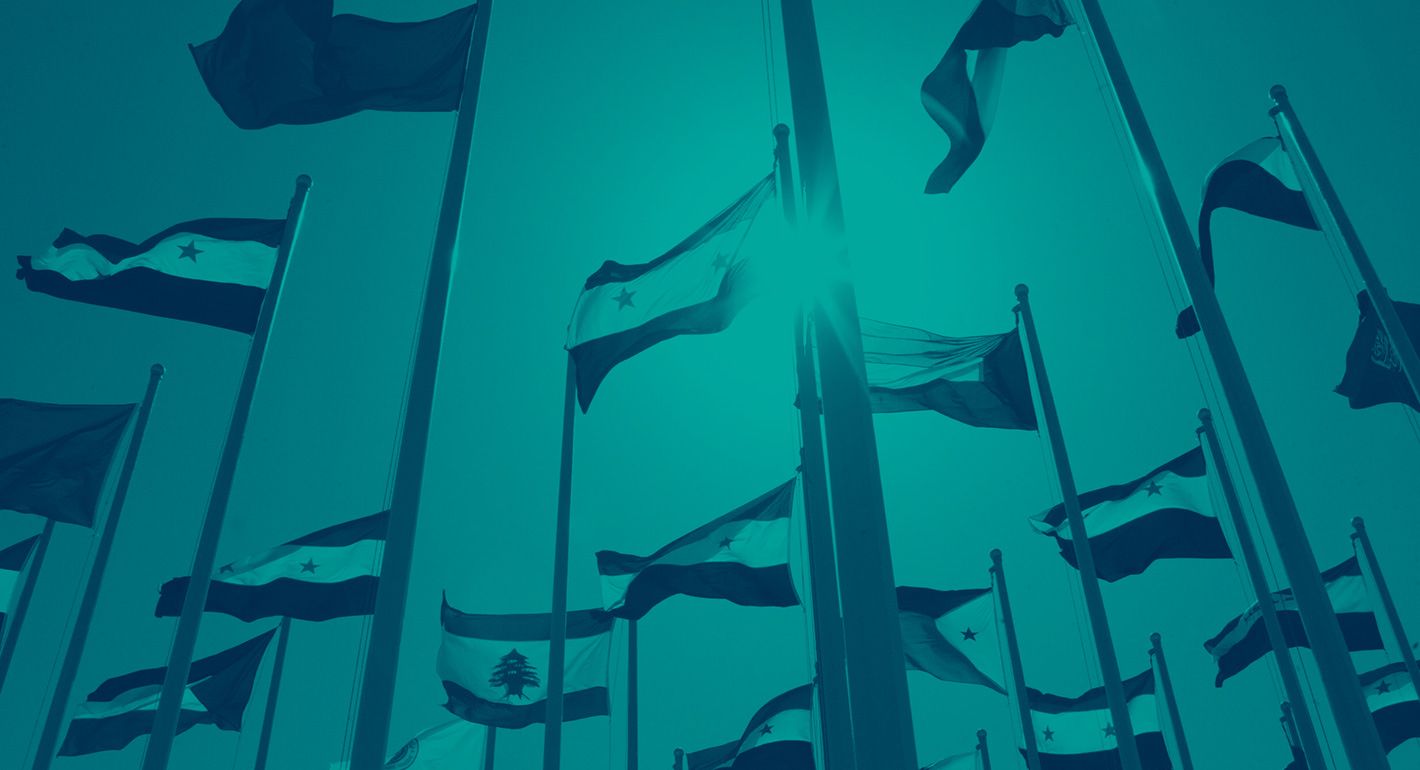Registration
You will receive an email confirming your registration.
The Middle East and North Africa (MENA) region has been enduring prolonged conflicts, humanitarian crises, and natural disasters. In the Gaza Strip, Israel’s has killed at least 43,000 Palestinians in the war that began on October 7, 2023, leading to unprecedented destruction and mass displacement. The conflict's expansion into Lebanon has led to over 1 million people being displaced and thousands of deaths or injured. Meanwhile, civil conflicts have fractured MENA countries such as Libya and Syria, which have also hit by natural disasters in recent years, such as the devastating floods and dam collapse in Derna in Eastern Libya and the earthquake in northern Syria.
Against this backdrop of crisis and upheaval, reconstruction efforts across the region have been facing unprecedented challenges. Beyond the practical issues of rebuilding infrastructure and restoring public services, reconstruction often faces more fundamental obstacles. These include the absence of effective peace processes in conflict countries, the absence of funding, political fragmentation, shifting regional and international dynamics, and clashing agendas among states, among others.
Join us for this online webinar that will be held on Wednesday November 20, 2024, at 5:00 P.M. Beirut time (EET), (UTC+2)/ 10:00 A.M. EST, to explore some critical questions surrounding reconstruction efforts: What are the prerequisites for reconstruction in Gaza, Syria, and Libya? What are the key challenges facing reconstruction efforts? What are the political and economic implications of the “reconstruction without settlements” model in the cases of Libya and Syria? How do regional powers’ competing interests in Gaza, Syria, and Libya shape reconstruction efforts, and can they align on any common goals?
The webinar will feature Nur Arafeh, Joseph Daher, and Jalel Harchaoui, with Hamza Meddeb as moderator. The session will be conducted in English.
Viewers may submit questions to the panelists via the live chat feature on Facebook and YouTube. For more information, please contact Najwa Yassine at najwa.yassine@carnegie-mec.org.
